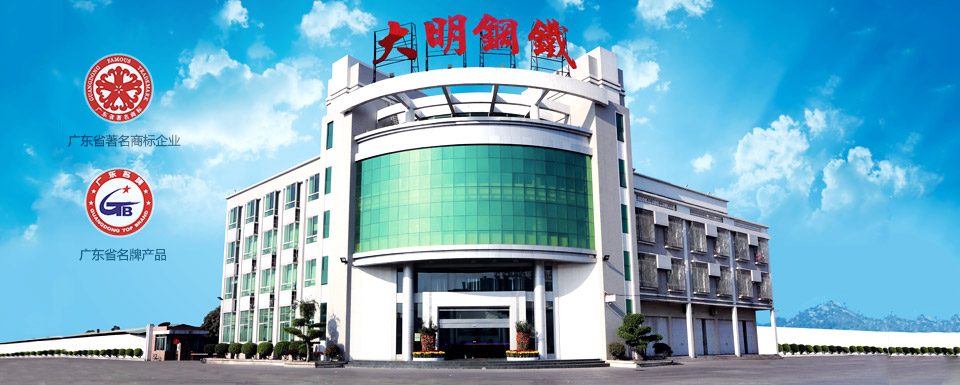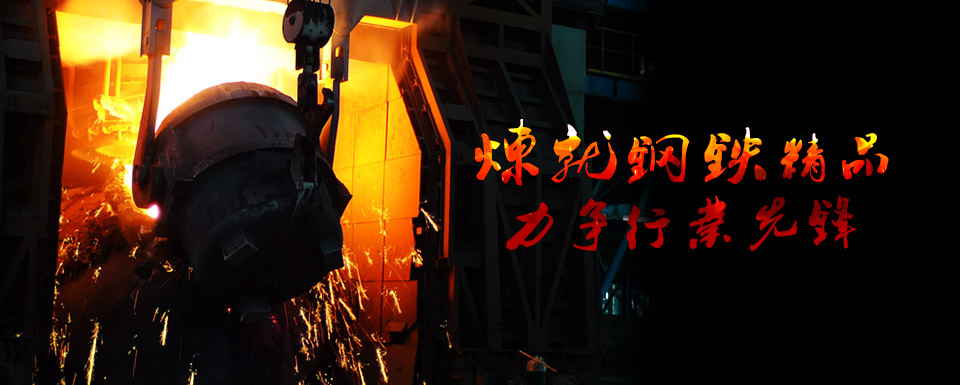Rebar knowledge
When pouring concrete, one must take into consideration several factors that will affect the strength of the final hardened slab. Fluctuations in temperature, ground water, and air quality can affect the overall strength of poured concrete, and so engineers needed to find ways to ensure the quality of the finished product. Today, metal bars called rebar are included in the poured concrete to help distribute the load and reinforce the hardened concrete. The rebar is usually made of carbon steel and is cast with ridges for better adherence to the concrete, and when placed in poured concrete, it strengthens the completed structure.
Concrete is a relatively strong substance once it sets, but it has low tensile strength and therefore does not adhere to itself well during expansion and contraction due to changes in the weather or ground conditions. Therefore, rebar is placed in the concrete to compensate for the concrete's low tensile strength. It keeps the concrete from separating, which can cause cracks and other weaknesses in the structure. Rebar is effective in keeping the structure together because steel and concrete expand and contract at nearly the same rate, which means the two are less likely to separate from each other.
Rebar rods come in several different lengths and thicknesses to accommodate different types and sizes of jobs. They can be tied together to form a grid or cage, which is particularly useful for larger projects, and they can also be used in other masonry applications. Brick and mortar structures are sometimes reinforced with rebar, and is therefore known as reinforced masonry. Most load-bearing structures today that employ the use of concrete will contain rebar reinforcement, ensuring strength and longevity.
Because rebar is susceptible to rust -- which can cause expansion and, in turn, cracks -- it must be installed at the correct depth. If it is too close to the surface of the concrete, water may be able to reach it, causing corrosion and rust. The concrete itself is usually enough to keep moisture from reaching the rebar, but in certain situations -- such as locations close to salt water or on bridges -- it is necessary to use polymer coated rebar that resists rust. This type of rebar is more expensive than common steel rebar, but in the long run it can save the builder repair and reconstruction costs.






